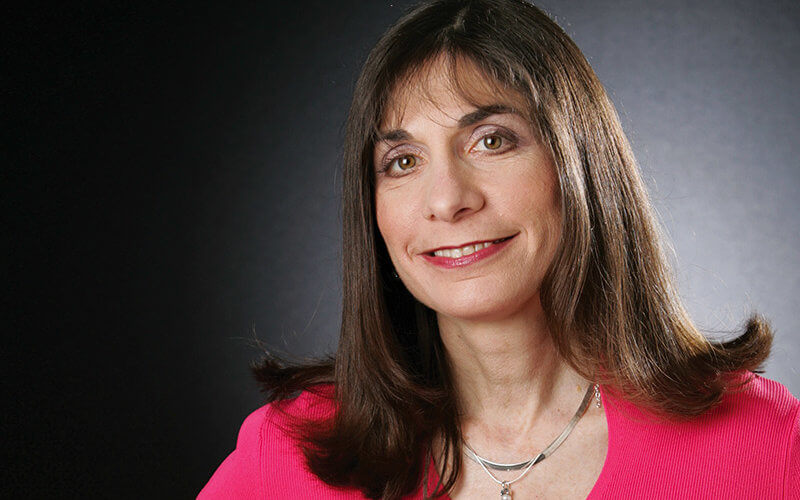
A notorious 1960s study that purposely separated adopted twins and triplets into different families is the subject of Nancy L. Segal’s latest book, “Deliberately Divided: Inside the Controversial Study of Twins and Triplets Adopted Apart,” released Nov. 8.
Segal, professor of psychology at Cal State Fullerton, closely examines the research team that ran the study and tracked the twins’ and triplets’ development from birth to age 12. Meanwhile, the study and its intent were never revealed to their adoptive parents.
Key players included former New York City adoption agency Louise Wise Services and psychoanalytic psychiatrists Viola Bernard and Peter Neubauer. At the time, Neubauer was director of the prominent Child Development Center of the Jewish Board of Guardians, now the Jewish Board of Family and Children’s Services in Manhattan.
The book features extensive interviews and life histories of the twins and triplets, their families, the researchers, the researchers’ colleagues, and adoption, child development, bioethics and law experts. Their stories — along with records, letters and documents — reveal the origins and consequences of the study.
Segal, one of the world’s leading experts on twin studies, specializes in such topics as twin-family relations, twin loss, personality similarity, general intelligence and twins raised apart. She is also the founder and director of the Twin Studies Center at Cal State Fullerton, which mentors the next generation of twin researchers and serves as a public resource on twins.
What were some of the arguments made for separating these twins and triplets?
One justification Bernard had for separating twins was that it relieved parental overburdening. She never mentioned financial concerns, because these families who adopted the kids were all fairly well off. Some of the families even specifically requested twins, but they were not given twins.
Bernard also argued that separation would allow twins to have a stronger sense of identity in adulthood, which would improve their relationship as twins if they were to meet. It didn’t, because there were sometimes jealousies. When you don’t grow up with somebody and you don’t have a shared social history, those kinds of negotiations are not necessarily going to happen automatically. However, most of the reunited twins have formed strong bonds with one another.
The ironic twist to all this is that the separated identical twins were placed with families that had adopted a child several years earlier, all because the researchers didn’t want those twin children to be only children. Where does this rationalization come from? They weren’t only children to begin with.
What surprising or noteworthy information did you discover during your research?
There’s a thing that I call “the culture of the times” argument. For example, think about how we’re going after prominent people who have abused women. It was the culture of the times. A lot of men did it. People knew about it. Now, we’re going after them.
Think about how countries continue to go after Holocaust officers for things they did in the past. It seems there were no legal violations at that time. But morally? Reprehensible. Think about people who put Blackface on their faces. Prime Minister of Canada Justin Trudeau did that years ago when he was in high school or college. We’re going after him and others now for such actions.
The research requirements of that time don’t excuse the fact that the researchers purposely destroyed what could have been the most wonderful relationship in the life of a person for their selfish research interests.
The data from this study have been sealed at the Yale University Archives until 2065. Only the twins can gain access to the data. But even then, it’s an arduous process. The twins right now are adults. They are entitled to those records. In 2065, most of them won’t be around and anybody can gain access. It just doesn’t make any sense.
What do you hope readers will take away from this investigation?
I want people to come away with the idea that you have to talk about difficult research topics or progress is never made. If you don’t talk about them, then mistakes and missteps can be repeated. There is also the question of using data that were collected in unacceptable ways. I do not think that any information gathered on the twins and triplets would shed new insights on human developmental events, compared with legitimately conducted twin studies. I do think these twins’ stories make us more sensitive to the whole research process, what’s behind it, and whether we take part in research or not. You have to put the welfare of participants ahead of your own personal research interests. What is legally within bounds is not always morally acceptable.